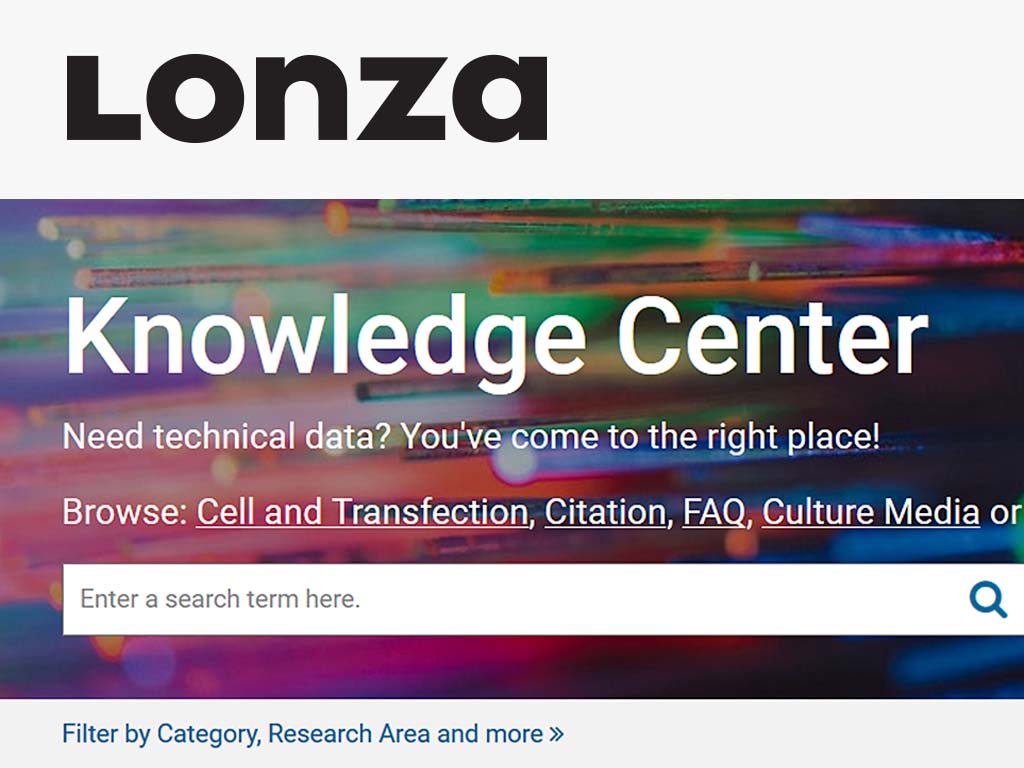Stellate cells, human cryopreserved, passage 1
Stellate cells, human cryopreserved, passage 1
Human cryopreserved stellate cells derived from liver
Note: This product is to be discontinued following depletion of current inventory. Please use our 200K and 1M yield parts for future needs (HUCLS-200K, HUCLS-1M)
You May Also Need...
Product Overview
Stellate cells are a resident cell type of the liver primarily functioning to store retinoids. In response to liver damage, stellate cells rapidly lose the stored retinoids and differentiate into a proliferating fibroblast-like cell that begins depositing collagen matrix. This activity causes buildup of collagen in the liver eventually leading to cirrhosis.
Stellate cells can be isolated from liver tissue, enriched, and placed into cell culture. When placed into culture, stellate cells begin to immediately differentiate into the activated state.
Human Cryopreserved Stellate Cells, 100K cells/vial, are stellate cells enriched from human liver isolations and grown to >80% confluency and then cryopreserved.
Human Stellate Growth Medium (Catalog MCST250) is available to support optimal culture health and growth characteristics of stellate cells.
Characterization performed:
- Post-thaw plating to observe characteristic stellate morphology.
- Flow cytometry using antibodies for Vinculin, Vimentin, and α-SMA
Request More Info
Benefits
- Low passage
- High activation potential
Applications
- ADMETox
- Liver Disease
- NASH
Storage and Content
Cryo Vial
100,000 cells/ vial
SDS, CoA, and Instructions
Safety Data Sheets (SDS)
Choose a language to view the SDS.
Certificate of Analysis (CoA)
Please enter Lot Number, including all zeros, located on the product label and please take into account that it is case sensitive.
Educational Material
Brochures, White Papers etc.
-
Webinar - Hepatocytes in the drug development pipeline
Overview of how primary hepatocytes are used in drug development -
Supporting In vitro ADMETox with an advanced portfolio of primary cells and media
Reference to help get started on primary cell culture for ADMETox applications


